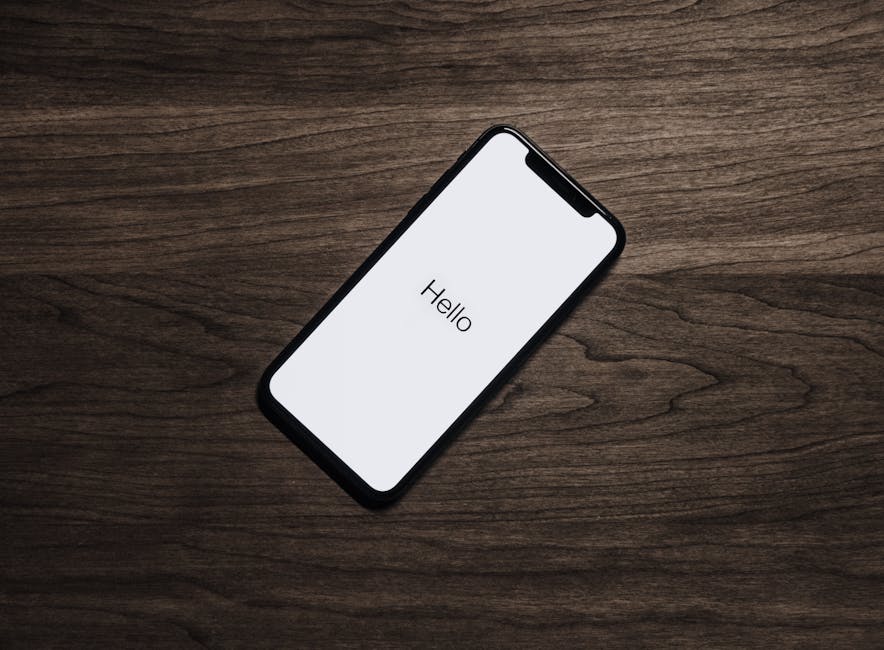Best Free Vocabulary Apps

Want to boost your vocabulary without spending a dime? You’re in luck! As a language learning enthusiast, I’ve explored tons of apps, and I’m here to share the best free vocabulary apps available right now. We’ll look at apps that make learning fun, are easy to use, and actually help you remember new words.

Why Use a Vocabulary App?
Building a strong vocabulary is super important. It helps you understand what you read, express yourself clearly when you speak or write, and even improves your test scores! Vocabulary apps are a great way to learn new words because they’re convenient, engaging, and can be used anywhere, anytime. Plus, the best free options offer a surprisingly robust set of features.
The Top Free Vocabulary Apps
Here are some of my favorite free vocabulary apps that can help you expand your word knowledge:
Memrise
Memrise uses a spaced repetition system (SRS), which is a fancy way of saying it shows you words at increasing intervals to help you remember them better. The app features user-created courses on a huge variety of topics, not just vocabulary, but dedicated vocabulary courses are very popular. What makes Memrise stand out are the funny and memorable “mems,” which are images or phrases that help you associate the word with something familiar. While the free version does have limitations, it provides enough content to get started and build a solid base.
Vocabulary.com
Vocabulary.com is a website and app that offers a personalized learning experience. It adapts to your learning style by tracking your progress and focusing on the words you’re struggling with. The dictionary is incredibly detailed, providing multiple definitions, example sentences, and even the word’s etymology (where it comes from). The “adaptive training” is its core strength; it’s almost like having a vocabulary tutor that understands your specific needs.
Quizlet
Quizlet is a popular study tool that’s perfect for creating and using flashcards. You can either create your own flashcards or choose from millions of pre-made sets created by other users. Quizlet offers various study modes, including flashcards, learn, write, spell, and test. Its collaborative nature and huge library of user-generated content make it a valuable resource, particularly if you are studying for a specific exam like the SAT or GRE. The free version is quite powerful and offers plenty of options for learning.
WordUp
WordUp is an interesting app that focuses on learning words within the context of movie clips, songs, and quotes. It explains the meaning of words using simple, relatable examples. WordUp also uses SRS to help you remember words over time. The visual element makes it stand out and makes learning more engaging. You see words in action, not just definitions. The free version is quite extensive and a good option for visually-oriented learners.
AnkiDroid Flashcards (Android) / AnkiMobile Flashcards (iOS – Paid)
While the iOS version of AnkiMobile requires payment, AnkiDroid on Android is completely free and open-source. Anki is another SRS-based flashcard program that’s extremely customizable. Although it has a steeper learning curve than other apps, it’s incredibly powerful for creating and reviewing vocabulary. You can add images, audio, and customize the scheduling algorithm to fit your needs. Anki is a favorite among serious language learners because of its flexibility and effectiveness. If you are on iOS, using the online version or another app on this list may be better.
Tips for Using Vocabulary Apps Effectively
Okay, so you’ve downloaded an app – great! But how do you actually get the most out of it? Here are a few tips that I’ve found helpful:
- Set Realistic Goals: Don’t try to learn 100 new words a day. Start small, maybe 5-10 words, and gradually increase the number as you get comfortable.
- Review Regularly: Consistency is key. Spend a few minutes each day reviewing the words you’ve already learned. That’s where spaced repetition really shines.
- Use the Words: The best way to remember a word is to use it in a sentence, either in writing or in conversation. Don’t be afraid to sound a little awkward at first; practice makes perfect!
- Find Your Learning Style: Experiment with different apps and techniques to find what works best for you. Some people prefer flashcards, while others prefer learning words in context.
- Don’t Just Memorize: Focus on understanding the meaning of the word and how it’s used. Simply memorizing definitions won’t help you in the long run.
Are There Any Risks?
Vocabulary apps are generally safe, but it’s always a good idea to be mindful of a few things:
- Distractions: Some apps can be distracting with notifications or other features. Turn off notifications when you are using the app for studying.
- Inaccurate Information: User-generated content, like flashcard sets, might contain errors. Always double-check the definitions and usage of words.
- Over-Reliance: Don’t rely solely on apps. Read books, articles, and other materials to see words in different contexts.
These are minor concerns. In general, vocabulary apps are safe and beneficial when used responsibly.
Alternatives to Vocabulary Apps
While vocabulary apps are fantastic, they aren’t the only way to expand your word knowledge. Here are a few other options:
- Reading: Reading widely is one of the best ways to encounter new words in context.
- Writing: Actively using new words in your writing helps to solidify your understanding.
- Conversations: Engaging in conversations with others exposes you to new vocabulary and provides opportunities to practice using the words you’ve learned.
- Flashcards (Traditional): Creating physical flashcards can be a helpful alternative to using an app.
Combine these methods with using a vocabulary app for the best results.
Frequently Asked Questions
Are free vocabulary apps really effective?
Yes! While some apps offer premium features, the free versions often provide a solid foundation for vocabulary building. The key is consistency and actively using the words you learn.
Which vocabulary app is best for beginners?
Vocabulary.com is an excellent choice for beginners because it adapts to your skill level and provides clear explanations. Memrise is also good due to its fun and engaging approach.
How much time should I spend on vocabulary learning each day?
Even just 15-30 minutes a day can make a big difference. Consistency is more important than the amount of time you spend.
Can I use multiple vocabulary apps at the same time?
Yes! Experiment with different apps to see which ones you enjoy and find most effective. Just don’t overwhelm yourself. Start with one or two and gradually add more if you feel the need.
So, there you have it – my recommendations for the best free vocabulary apps! Remember that the best app is the one that you’ll actually use consistently. Download a few, experiment, and find the one that fits your learning style. Good luck, and happy learning!
Related Posts
| Best Free Vocabulary App |



